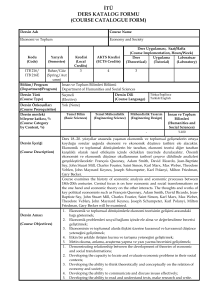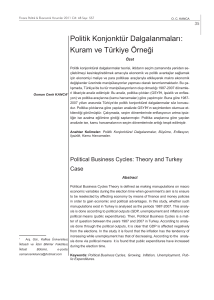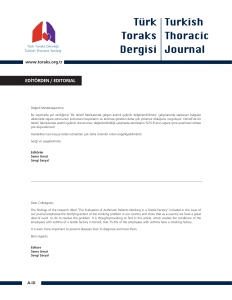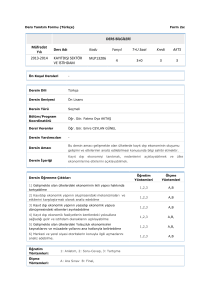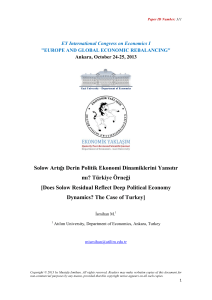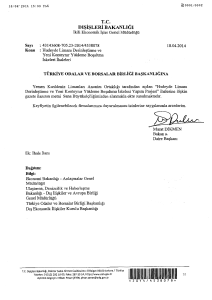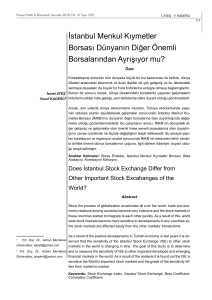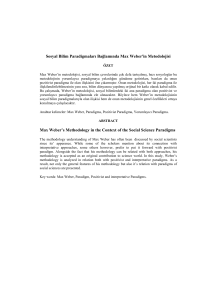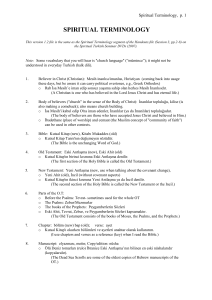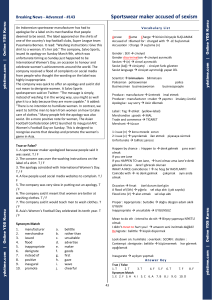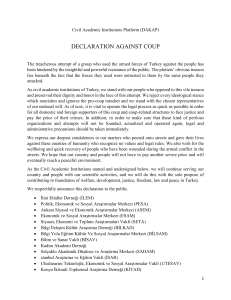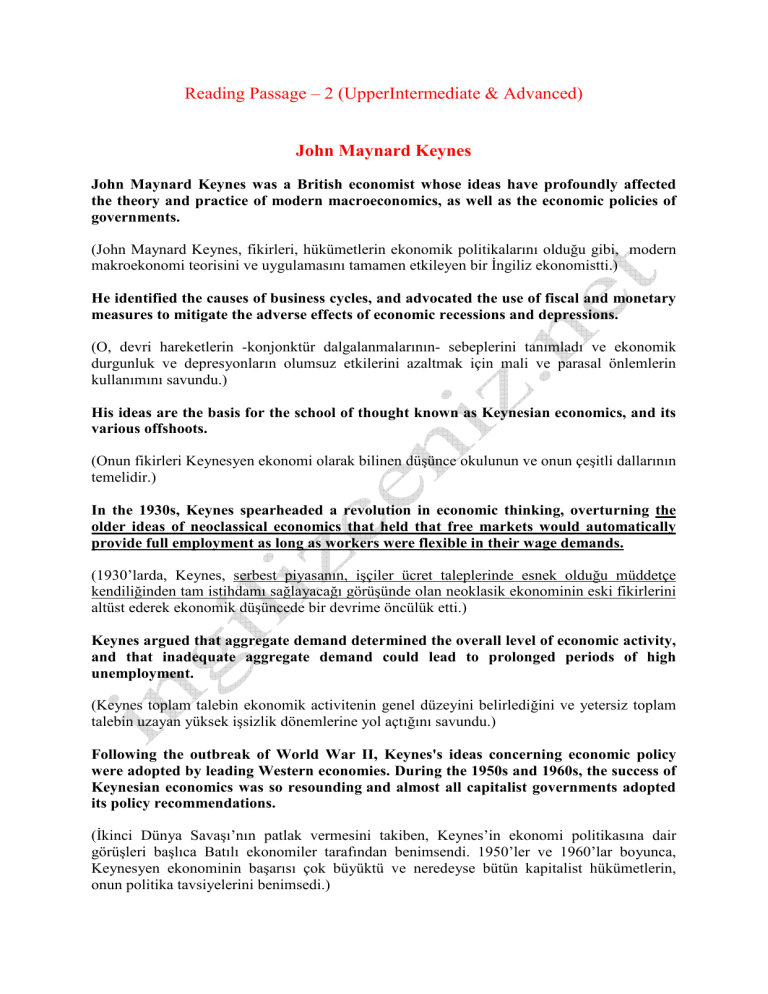
Reading Passage – 2 (UpperIntermediate & Advanced)
John Maynard Keynes
John Maynard Keynes was a British economist whose ideas have profoundly affected
the theory and practice of modern macroeconomics, as well as the economic policies of
governments.
(John Maynard Keynes, fikirleri, hükümetlerin ekonomik politikalarını olduğu gibi, modern
makroekonomi teorisini ve uygulamasını tamamen etkileyen bir Đngiliz ekonomistti.)
He identified the causes of business cycles, and advocated the use of fiscal and monetary
measures to mitigate the adverse effects of economic recessions and depressions.
(O, devri hareketlerin -konjonktür dalgalanmalarının- sebeplerini tanımladı ve ekonomik
durgunluk ve depresyonların olumsuz etkilerini azaltmak için mali ve parasal önlemlerin
kullanımını savundu.)
His ideas are the basis for the school of thought known as Keynesian economics, and its
various offshoots.
(Onun fikirleri Keynesyen ekonomi olarak bilinen düşünce okulunun ve onun çeşitli dallarının
temelidir.)
In the 1930s, Keynes spearheaded a revolution in economic thinking, overturning the
older ideas of neoclassical economics that held that free markets would automatically
provide full employment as long as workers were flexible in their wage demands.
(1930’larda, Keynes, serbest piyasanın, işçiler ücret taleplerinde esnek olduğu müddetçe
kendiliğinden tam istihdamı sağlayacağı görüşünde olan neoklasik ekonominin eski fikirlerini
altüst ederek ekonomik düşüncede bir devrime öncülük etti.)
Keynes argued that aggregate demand determined the overall level of economic activity,
and that inadequate aggregate demand could lead to prolonged periods of high
unemployment.
(Keynes toplam talebin ekonomik activitenin genel düzeyini belirlediğini ve yetersiz toplam
talebin uzayan yüksek işsizlik dönemlerine yol açtığını savundu.)
Following the outbreak of World War II, Keynes's ideas concerning economic policy
were adopted by leading Western economies. During the 1950s and 1960s, the success of
Keynesian economics was so resounding and almost all capitalist governments adopted
its policy recommendations.
(Đkinci Dünya Savaşı’nın patlak vermesini takiben, Keynes’in ekonomi politikasına dair
görüşleri başlıca Batılı ekonomiler tarafından benimsendi. 1950’ler ve 1960’lar boyunca,
Keynesyen ekonominin başarısı çok büyüktü ve neredeyse bütün kapitalist hükümetlerin,
onun politika tavsiyelerini benimsedi.)
Vocabulary
Profoundly: Tamamen, son derece
Business cycle: Devri hareket, konjonktür dalgalanması
Fiscal: Malî
To mitigate: Hafifletmek, azaltmak
Offshoot: Dal, şube
To spearhead: Öncülük etmek
To overturn: Alt üst etmek
To prolong: Uzatmak, sürdürmek
Outbreak: Patlak verme, salgın
Resounding: Çok büyük, eksiksiz

